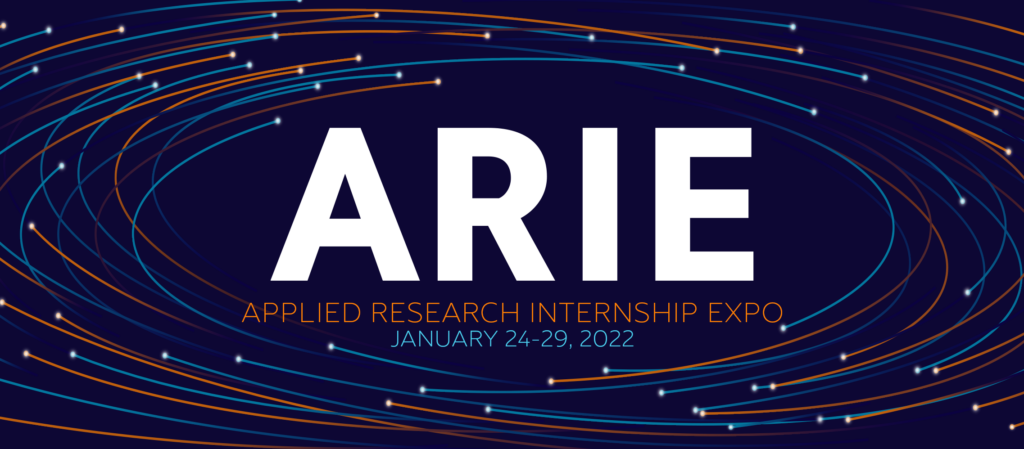
With the goal of recruiting elite graduate students from the program, organizations at the forefront of their respective fields pitched a wide variety of projects across areas including artificial intelligence, data science, human-computer interaction, cybersecurity, and applied mathematics.
Throughout the MScAC program’s history, over 200 organizations have taken part in the Applied Research Internship Expo. Attendees have included established technology companies with active research and development units, members of the thriving Toronto AI scene, and startups from the University of Toronto entrepreneurship community.
“[The MScAC] program strikes a perfect balance across theory and innovative technologies through its 8-month internship program,” said Jithin Pradeep, Head of AI/ML Research for the Vanguard Group, one of the world’s largest index fund companies. “[It] provides a unique platform that makes world-class academic-industrial research collaboration accessible to student and industrial partners alike.”
As part of their academic requirements, MScAC graduate students conclude the 16-month program by completing an 8-month applied research internship in a non-academic environment. While typically taking place in an industry setting, MScAC internships may also involve research hospitals, not-for-profit organizations, and other venues in which innovative applied computing R&D takes place.
“The industrial connections keep you updated with market demands for talents, and the research opportunities allow you to work with the world-leading faculty at U of T,” said Jinyue Feng (MScAC class of 2020). “I continued to work with my supervisor beyond graduation and am now a Ph.D. student, all thanks to the experience I have gained during the MScAC program.”
These innovative projects aim to expand the knowledge base in an area that is relevant to both the partner organization and the MScAC student. Through these projects, MScAC partner organizations explore new initiatives, improvements in process or product, and new designs that could be of potential impact to the organization. As such, MScAC applied research internships impose a higher standard of creative or intellectual exploration than would normally be encountered in a co-operative work term.
Shuja Khalid (class of 2019), credits the MScAC program for providing him with unparalleled access to careers both in academia and industry. “I’ve always been interested in a hybrid career path” said Shuja. “Thanks to the unique combination of depth and breadth courses, and the connections that I made during my internship, I was able to pursue a Ph.D. while also working in industry upon my graduation from the MScAC program.”
Just over a decade ago, the Department of Computer Science—one of the top-ranked in the world—launched the MScAC program with an inaugural cohort of 6 students. The MScAC program now includes 79 graduate students, the largest MScAC cohort to date.
Last year, the program was also listed as one of the world’s top 10 AI and data science programs for 2021 by Forbes. Beyond AI and data science, however, MScAC attracts students with expertise in fundamental computer science, applied mathematics, and other key areas of applied computer science research.
“Students from the last two MScAC cohorts have set a high bar within the Vanguard AI research group by co-authoring multiple research publications and contributing to several successful AI product launches,” continues Jithin Pradeep. “As Toronto continuously advances to become a global AI hub, U of T is definitely taking the centre stage.”

